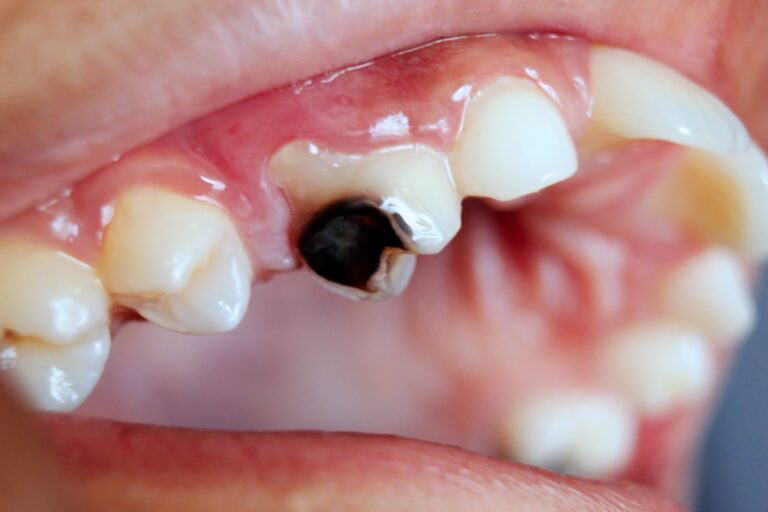Thoracic Surgery in the Age of Mind-Body Medicine: Integrating Emotional Wellness
Facing thoracic surgery can be an emotionally and physically intense experience. Procedures such as lung resections or esophagectomies often feel overwhelming, and while the technical precision of a skilled cardiac surgeon is crucial, recovery is influenced just as much by a patient’s mental and emotional state. Modern medicine increasingly recognizes that true healing emerges when surgical expertise is combined with emotional wellness, creating a holistic journey toward recovery.
The mind and body are intimately connected, and this relationship is especially evident during major surgeries. Stress, anxiety, and depression can slow healing, increase inflammation, and even compromise immune function. For thoracic surgery patients, nurturing emotional wellness is not a luxury; it can be a determining factor in how quickly and effectively the body recovers. Patients who approach recovery with optimism, resilience, and practical stress management strategies often experience smoother healing, fewer complications, and a greater sense of control over the process. Emotional wellness is not simply about maintaining a positive outlook; it is a comprehensive approach that includes coping strategies, mental clarity, and a sense of purpose during the vulnerable period of recovery.
By focusing on emotional health, patients often find that they heal more efficiently, manage discomfort more effectively, and handle the inevitable setbacks of recovery with greater resilience. This integration of mind and body creates a supportive environment where both psychological and physical strength can flourish. Recognizing this, many hospitals and surgical centers are now incorporating mind-body practices into thoracic surgery programs, acknowledging their profound influence on outcomes.
Mind-body techniques include mindfulness meditation, which helps patients stay present and calm, reducing anxiety and preventing feelings of overwhelm. Guided visualization encourages positive mental rehearsal, allowing patients to envision a successful recovery and reinforce their healing process. Breathing exercises calm the nervous system and improve oxygenation, which is critical for tissue repair. Gentle physical activities, such as yoga or Tai Chi, enhance flexibility, strengthen the body, and promote emotional balance, all without putting undue stress on surgical sites. Some centers have even introduced virtual prehabilitation programs, allowing patients to participate in guided mind-body sessions from the comfort of home, transforming anxiety into confidence and empowering patients to take an active role in their recovery.
While thoracic surgery primarily focuses on the lungs and chest cavity, the expertise of a cardiac surgeon is often vital, especially for patients with pre-existing heart conditions or combined procedures. Modern cardiac surgeons recognize that emotional wellness is an essential component of patient care. By collaborating with mental health professionals and encouraging stress-reduction strategies, surgeons help patients approach surgery with confidence, reduce stress-related complications, and improve overall outcomes. In this way, surgery becomes a true partnership between patient and physician, aligning mind and body in the pursuit of healing.
It is also important to consider that some thoracic surgery patients may face challenges such as alcohol use or underlying mental health conditions. These factors can complicate recovery, compromise immune function, and influence surgical results. Alcohol, for instance, may exacerbate anxiety or depression, while untreated mental health concerns can lead to self-medicating behaviors that impede healing. Addressing these co-occurring issues through counseling, addiction support, and emotional wellness practices creates a safer and more supportive environment for recovery. Patients seeking guidance on managing alcohol use and mental health alongside medical treatment can refer to resources like Alcohol Addiction and Mental Health: Understanding Dual Diagnosis, which offers practical strategies and insights.
Beyond these considerations, the journey of thoracic surgery recovery is deeply personal. Every patient experiences unique emotional and physical challenges, and integrating holistic practices can make a meaningful difference. Patients who adopt mindfulness, practice stress-reduction techniques, and engage in gentle, guided physical activity often report faster recovery, reduced discomfort, and an increased sense of empowerment. These strategies help patients reclaim a sense of control during a time when much feels uncertain.
Family involvement and social support are equally vital. Loved ones provide encouragement, practical assistance, and a steady source of reassurance during recovery. Emotional support can reduce the perception of pain, alleviate stress, and create an environment where patients feel safe and understood. By fostering these connections, recovery becomes not only a physical process but an emotionally supported journey, reinforcing resilience and overall well-being.
The combination of surgical expertise, emotional wellness, and social support transforms thoracic surgery from a purely medical event into a comprehensive healing journey. Emotional wellness is not an optional supplement, it is a critical element of the recovery process. Patients who integrate these practices leave the hospital with not only successful surgical outcomes but also renewed resilience, balance, and hope for long-term health. They learn that recovery is as much about cultivating mental strength and emotional stability as it is about physical healing.
In conclusion, the evolving field of thoracic surgery demonstrates that true recovery requires a holistic approach. The technical skill of a cardiac surgeon, combined with structured mind-body practices and strong emotional support systems, creates an environment where patients can heal fully, both physically and emotionally. By acknowledging and integrating the mind-body connection, modern thoracic care empowers patients to face surgery with confidence and embrace recovery with resilience, ensuring that healing extends far beyond the operating room.
Keep an eye for more latest news & updates on Wellhealth Organic!






